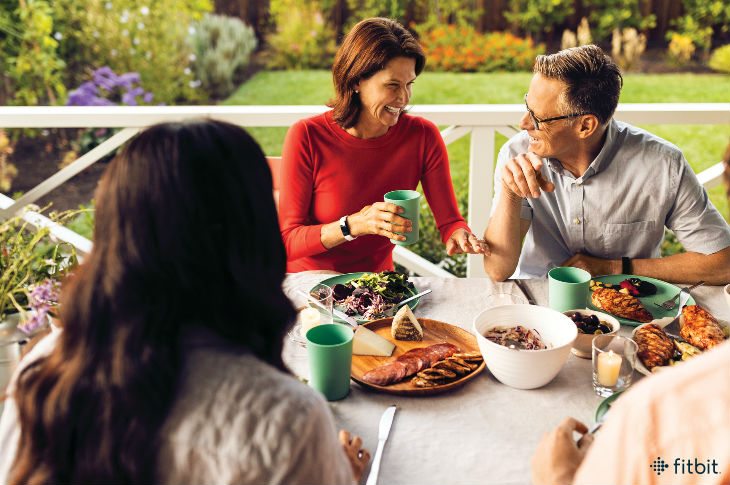
If you grew up as a card-carrying member of the Clean Plate Club, you may realize that some of the eating habits that your parents ingrained in you decades ago aren’t good for your health or your waistline: Eating everything on your plate. Dessert as a treat. Avoid eating before exercise in case you experience cramps.
But some of Mom’s nutrition advice from yesteryear still rings true in the 21st century. Here are some of Mom’s most popular advice articles, along with reasons why they have endured.
“Eat your vegetables!”
Today, roasted Brussels is fashionable and desirable. This is far from the overcooked mini cabbages you may have eaten as a kid.
Although most Americans don’t eat enough vegetables, you should aim to consume the recommended 2 to 3 cups of vegetables every day. “They are the most nutrient-rich foods on our plates,” says Academy of Nutrition and Dietetics spokesperson Kristen Gradney, MHA, RDN, LDN, a registered dietitian based in Baton Rouge, Louisiana. “They are the main source of antioxidants and fiber and can play a major role in weight-loss efforts, diabetes control and cholesterol reduction.”
Make ’em proud: The more vegetables that you eat, the more likely you’ll be to meet the daily guidelines, and the less likely you’ll be to eat junk food, because veggies are filling.
“Consuming multiple servings of vegetables increases satiety because of the volume and fiber content,” Gradney says. “Not to mention it supplies vitamins, minerals and antioxidants that have been shown to reduce the risk of cancer, heart disease, other chronic diseases, and aid in overall health maintenance.”
“Don’t fill up on white bread!”
Mom didn’t want you gorging on the bread basket before dinner, and that was decades before the Paleo diet came into vogue.
“Eating a lot of carbohydrates at the beginning of a meal can also cause blood sugar to go up, and in turn, insulin levels, which can drive hunger,” says Cheryl Marco, RD, CDE, a registered dietitian in the division of endocrinology at Thomas Jefferson University Hospitals in Philadelphia. “And eating refined carbs like white bread only provides empty calories. Then you’re too full to eat nutrient-rich foods. Without the protein in the meal, you won’t have the sustenance to make it to the next meal, and it leads to haphazard snacking.”
“Try new foods!”
When you were a kid, your mom may have just been trying to get you to taste a new vegetable or try chicken that she’d cooked a different way than usual. Now that you’re an adult, trying new foods can mean ordering something unusual-sounding on a menu, cooking recipes that include ingredients you’ve never had in your kitchen before, or enthusiastically accepting a friend’s invitation to try Ethiopian food for the first time. It’s essential that you keep an open mind and have a curious palette.
“When we eat the same foods, we are missing out on a variety of flavors and cultures from around the world,” says Katie Hake, RDN, CD, a registered dietitian nutritionist based in Indianapolis. “Trying new foods helps to expand our palate and our nutrient intake. Plus, it opens us up to new experiences, whether that be across the world or in our own backyards.”
Try new foods on business trips or when you attend many dinner meetings. “In addition to sampling amazing new tastes, you may find a social aspect with trying new foods,” Hake says. “It may allow you to better empathize, understand and connect with someone from a different background.”
“Don’t drink your whole drink before eating your meal!”
If Mom let you order a soda at a restaurant when you were a kid, she wouldn’t be happy if you drank the whole thing before your meal arrived. Today, it’s still wise not to drink your calories before you eat.
“When we fill up on liquids, we may not be able to fully enjoy our actual meal,” Hake says. Water is the best beverage to drink with meals, because it won’t contribute empty calories.
“Consuming the volume of water also creates a feeling of fullness that can lead to reduced food intake, therefore reduced calories,” Gradney says. “If that is not your goal, small sips of water throughout the meal for hydration and to aid digestion is recommended.”

